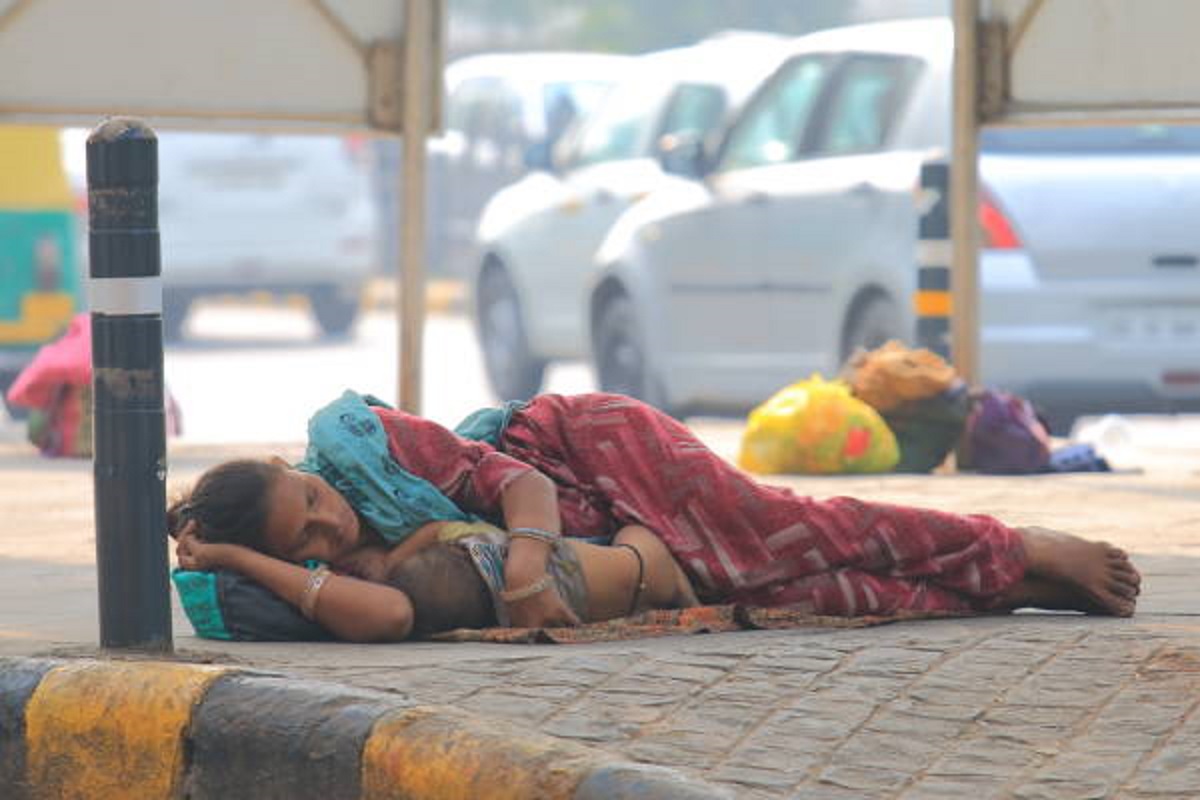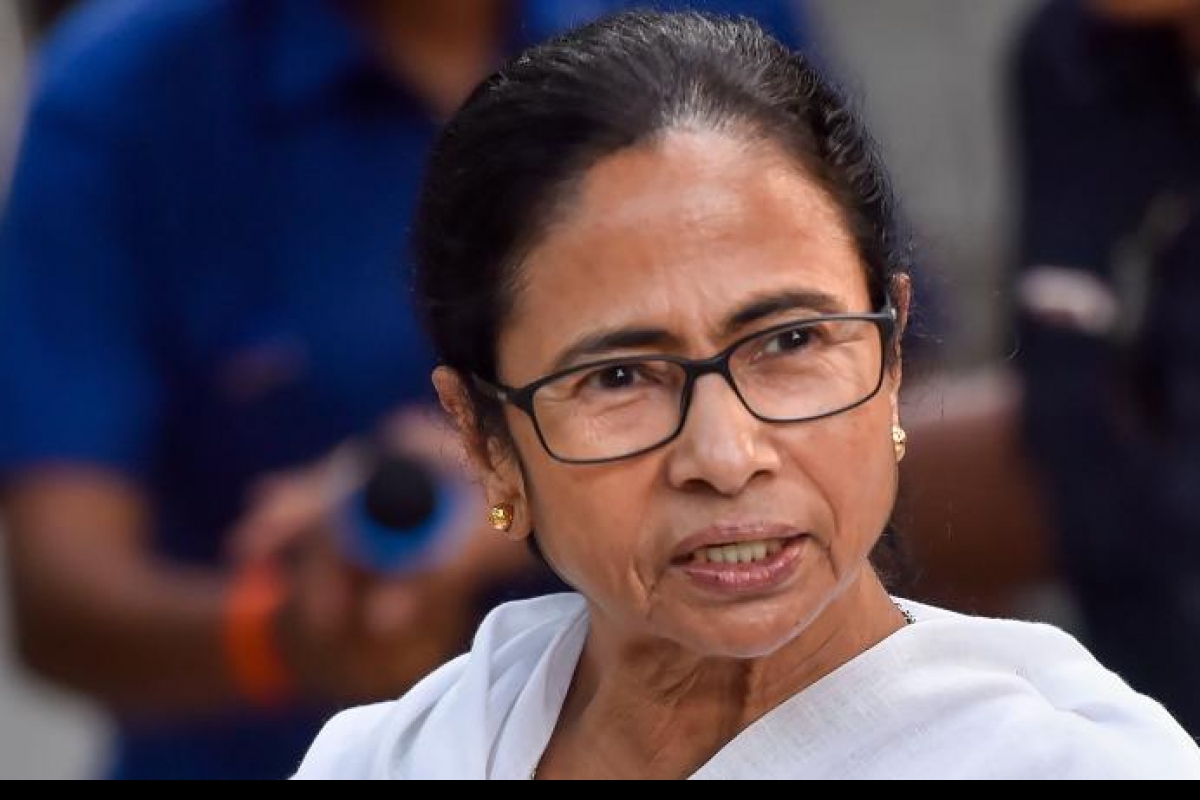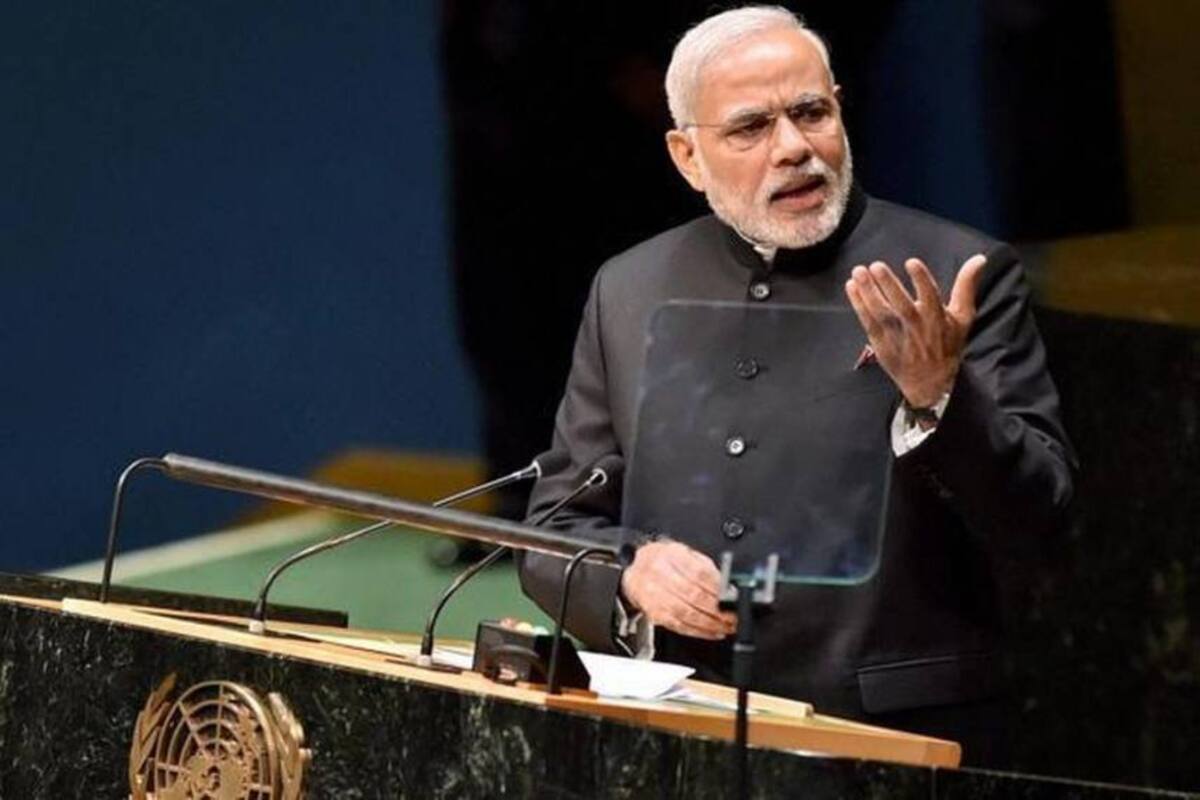ACB’s charges of tampering land records aimed at silencing me: NC MP Ruhullah
National Confidence MP Aga Syed Ruhullah Mehdi, on Sunday, described the allegations against him of manipulating the land records in connection with a land compensation case in Kashmir as "politically motivated".















